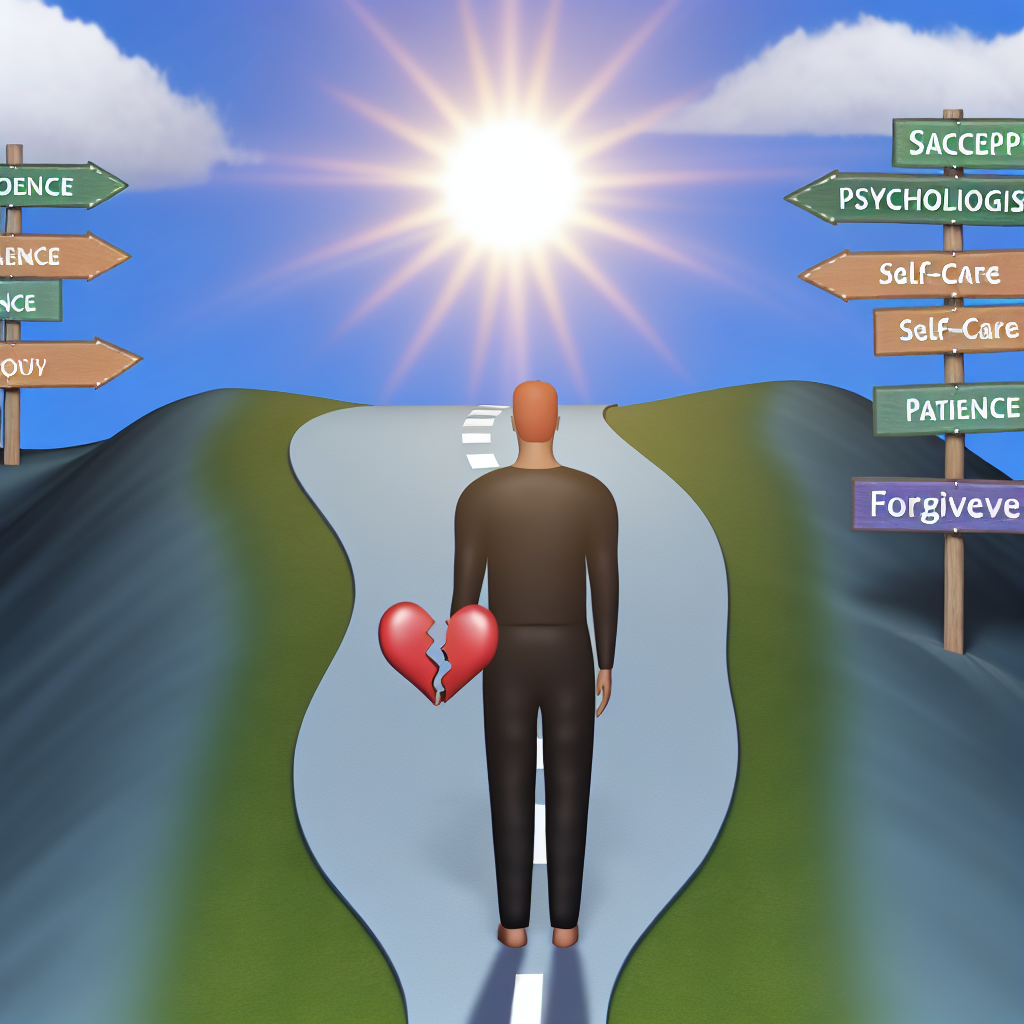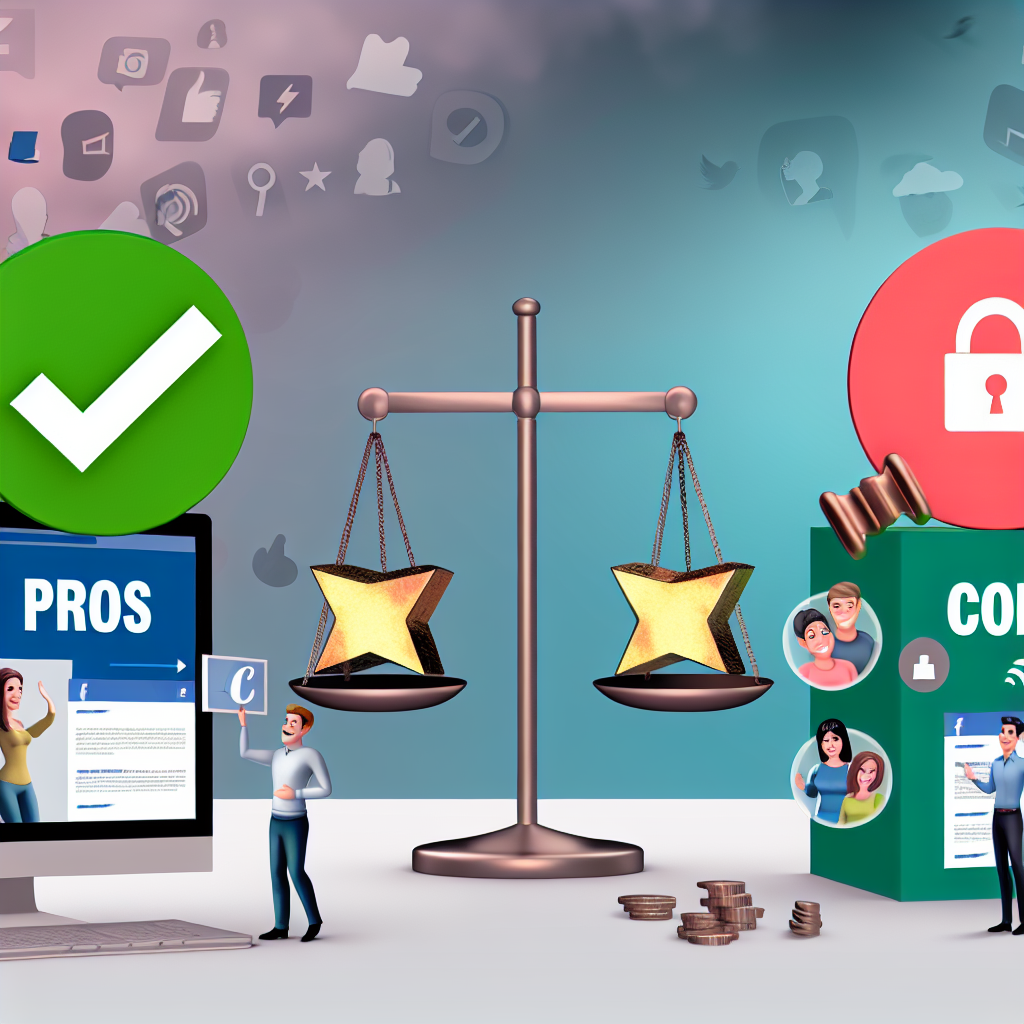# How to Get Over Someone: Psychologist-Approved Recovery Steps
Introduction
Ending a romantic relationship can feel like losing a vital part of your identity. Whether you dated for a few months or loved someone for years, heartbreak doesn’t necessarily scale with time. The emotional fallout of a breakup can mirror the grief felt from other forms of loss, including bereavement. For many singles—from young adults tentatively stepping into the dating world to mature individuals rediscovering love later in life—the journey of letting go can be tough, confusing, and deeply personal.
Getting over someone you love is one of the most emotionally painful experiences in life. It’s not simply the end of a relationship, but the loss of a shared future you imagined, daily routines you built together, and perhaps your self-confidence. As a dating expert and matchmaking strategist, I’ve seen countless clients struggle through this. However, understanding the psychological process of heartbreak can offer healing and ultimately make room for a healthier, happier future.
The good news? Recovery is possible—and science has plenty to say about how we can guide ourselves through the painful process of moving on. Author and psychologist Dr. Guy Winch emphasizes the importance of treating emotional pain with the same seriousness as physical injuries. Similarly, research from the Journal of Neurophysiology finds that heartache activates the same areas in the brain stimulated when experiencing physical pain.
For dating singles—from 18 to 80—who are looking to re-enter the dating world or reclaim their self-worth, understanding the recovery process is key. Let’s walk through the most effective, psychologist-approved steps to healing after a breakup, backed by research and real-world strategies that actually work.
Step 1: Acknowledge the Pain – Don’t Skip the Grief
According to a study published in The Journal of Positive Psychology, most people need about 11 weeks to feel significantly better after a breakup. But the first and most crucial step is allowing yourself to grieve.
Denying heartbreak only delays healing. By acknowledging your emotions, you activate the brain’s limbic system, helping you process trauma and stress more effectively. Emotional validation is step one in detoxing your heart and mind.
Step 2: Break the Cycle of Obsessive Thinking
Instead of saying “Don’t think about them,” switch your mindset. Dr. Guy Winch encourages disrupting thought loops by focusing on your ex’s negative traits—a method scientifically shown to reduce idealization.
A 2018 study in The Journal of Experimental Psychology found that individuals who journaled about their ex’s flaws experienced quicker emotional detachment. By rewriting the narrative, you regain emotional control.
Step 3: Detox Your Environment—Make Mental & Physical Space
One of the most effective (and difficult) steps is limiting or cutting off contact.
Neuroimaging research shows that seeing your ex—even in photos—activates the brain’s dopamine-driven reward system, much like an addiction. Unfollowing, muting, or deleting your ex from social media helps you break the emotional loop and start fresh.
This isn’t about revenge—it’s about recovery.
Step 4: Get Busy Growing—Purposeful Distraction Works
Romantic rejection hits the brain hard, especially the reward system that governs craving. The antidote? Purposeful distraction.
Dr. Helen Fisher explains that channeling emotional energy into new experiences—like trying hobbies, traveling, or diving into career growth—boosts recovery. Behavioral activation strategies (used in cognitive-behavioral therapy) keep depression at bay by promoting positive action.
Rather than waiting to feel better, do better—and the feelings will follow.
Step 5: Practice Radical Self-Compassion—Ditch the Shame
Blaming yourself only feeds the pain. Leading researcher Dr. Kristin Neff emphasizes the power of self-kindness when bouncing back from emotional trauma.
Practicing self-compassion lowers cortisol (your stress hormone) and increases emotional resilience. Remember: your worth isn’t tied to any one relationship. You’re still deserving of love—even more so after healing.
Step 6: Talk It Out—Support Is Essential
Whether it’s through a therapist or your inner circle, leaning on others is essential. Modern therapies like Emotionally Focused Therapy (EFT) and Cognitive Behavioral Therapy (CBT) can reduce breakup-related anxiety and depression.
Surround yourself with people who validate your feelings—not those who say “just move on.” Real healing happens in safe spaces.
Step 7: Rediscover Who You Are—Reclaim Your Identity
After a breakup, it’s vital to reconnect with the “you” outside of the relationship. Dr. Gary Lewandowski’s research shows that those who actively rebuild their self-concept report greater happiness and readiness for future love.
Dust off old passions. Start that project you’ve been putting on hold. Embrace your independence—not as a consolation prize, but as a powerful foundation for the next chapter.
Conclusion: From Heartbroken to Empowered—You’ve Got This
Breakups hurt, but they don’t have to define your future. Backed by science and rooted in self-compassion, these powerful steps can guide anyone—from their first heartbreak at 18 to a divorce at 58—through the storm.
It’s not about “just getting over it.” It’s about deeply understanding the heartbreak, nurturing your emotional well-being, and investing in your growth. When you’re ready, love will find you again—perhaps better than ever before.
You’re not broken. You’re becoming.
References & Resources
– Winch, G. (2017). How to Fix a Broken Heart – [TED Talk](https://www.ted.com/talks/guy_winch_how_to_fix_a_broken_heart)
– Journal of Positive Psychology – [Breakup Recovery Timeline](https://www.tandfonline.com/doi/full/10.1080/17439760.2015.1065100)
– The Journal of Experimental Psychology, 2018 – [Reappraisal Study](https://psycnet.apa.org/doi/10.1037/xge0000375)
– Fisher, H., Aron, A., & Brown, L. – [Romantic Rejection Brain Study](https://academic.oup.com/jn/article/104/1/51/1779766)
– Dr. Kristin Neff – [Self-Compassion Research](https://self-compassion.org/the-research/)
– Dr. Gary Lewandowski – [Self-Expansion and Breakup Recovery Study](https://onlinelibrary.wiley.com/doi/abs/10.1111/j.1475-6811.2006.00139.x)
Concise Summary:
Getting over someone you love can be one of the most emotionally painful experiences, but recovery is possible. This article outlines 7 psychologist-approved steps to heal after a breakup, including acknowledging the pain, breaking the cycle of obsessive thinking, detoxing your environment, practicing self-compassion, and rediscovering your identity. By understanding the psychological process of heartbreak and taking these science-backed actions, you can move forward to a healthier, happier future.

Dominic E. is a passionate filmmaker navigating the exciting intersection of art and science. By day, he delves into the complexities of the human body as a full-time medical writer, meticulously translating intricate medical concepts into accessible and engaging narratives. By night, he explores the boundless realm of cinematic storytelling, crafting narratives that evoke emotion and challenge perspectives. Film Student and Full-time Medical Writer for ContentVendor.com




